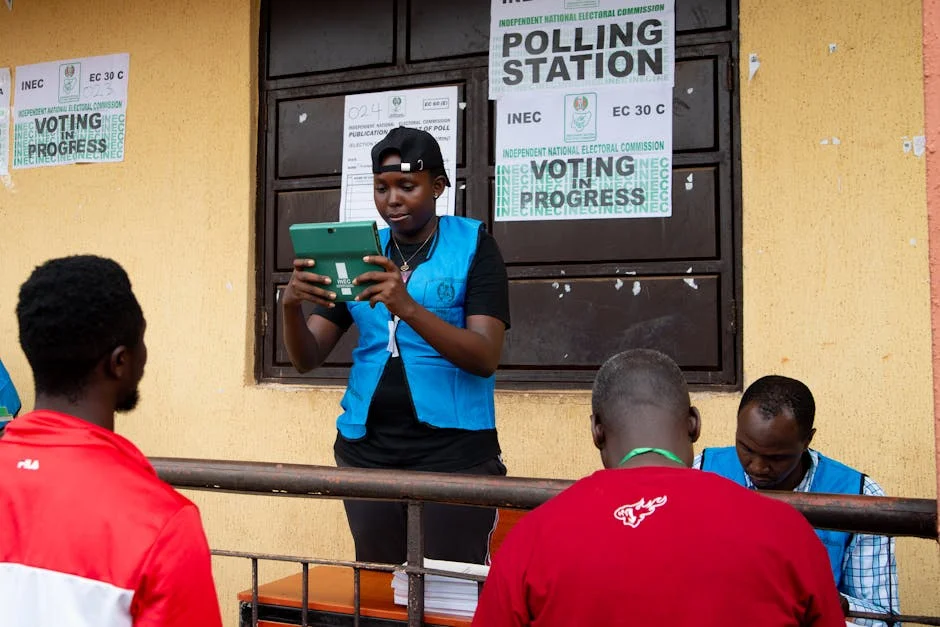The Supreme Court has dismissed the appeal of former Vice President Atiku Abubakar and affirmed the victory of President Bola Ahmed Tinubu of the All Progressives Congress as the winner of the February 25, 2023.
Atiku, the presidential candidate of the Peoples Democratic Party (PDP), had challenged the ruling of the Presidential Elections Petitions Tribunal (PEPT), raising seven grounds for his appeal.
However, the seven-man panel led by Justice Inyang Okoro, affirmed the PEPT rulings, holding that the appeal was lacked merit and “is hereby dismissed”.
Here’s a closer look at 4 major rulings that led todismissal of Atiku’s Appeal.
The Supreme Court has upheld the ruling by the Appeal Court that a candidate does not need to get at least 25% FCT (Federal Capital Territory) votes to be declared as the country’s president.
While Atiku Abubakar of the Peoples Democratic Party (PDP) and Labour Party (LP)’s Peter Obi had wanted Tinubu’s win in February 2023 to be nullified on the ground that he did not get 25% FCT votes, the Appeal Court ruled that their petition was “immaterial.”
The Supreme Court denied former Vice-President Atiku Abubakar, the Presidential candidate of the Peoples Democratic Party (PDP), the opportunity to present fresh evidence against President Bola Tinubu.
Atiku’s application sought the court’s permission to introduce evidence obtained from Tinubu’s records at Chicago State University, claiming that Tinubu had submitted forged documents to the Independent National Electoral Commission (INEC).
“It has to be noted that the 180 days imposed is immutable and cannot be extended… Election petitions are sui generis and have their own peculiarities… the court below lost its jurisdiction to determine any matter concerning the petition after the 180 days which expired on September 17. This court cannot do what the lower court is no longer constitutionally allowed to do by section 285 of the constitution,” Justice Inyang Okoro, said on Thursday, Oct. 26, 2023.
In response to the appeals brought forth by Peter Obi of the Labour Party (LP) and Atiku Abubakar of the Peoples Democratic Party (PDP), the Supreme Court also declared that the unavailability of election results on the INEC Result Viewing Portal (IReV) cannot serve as a basis for the annulment of the presidential election held in February 2023.
“The failure to tranmit results to irev did not affect the results of the election,” said the apex court
He referenced the Electoral Act that “an election cannot be invalidated by provisions of this Act if it appears that the election was conducted substantially in line with the Act.”



